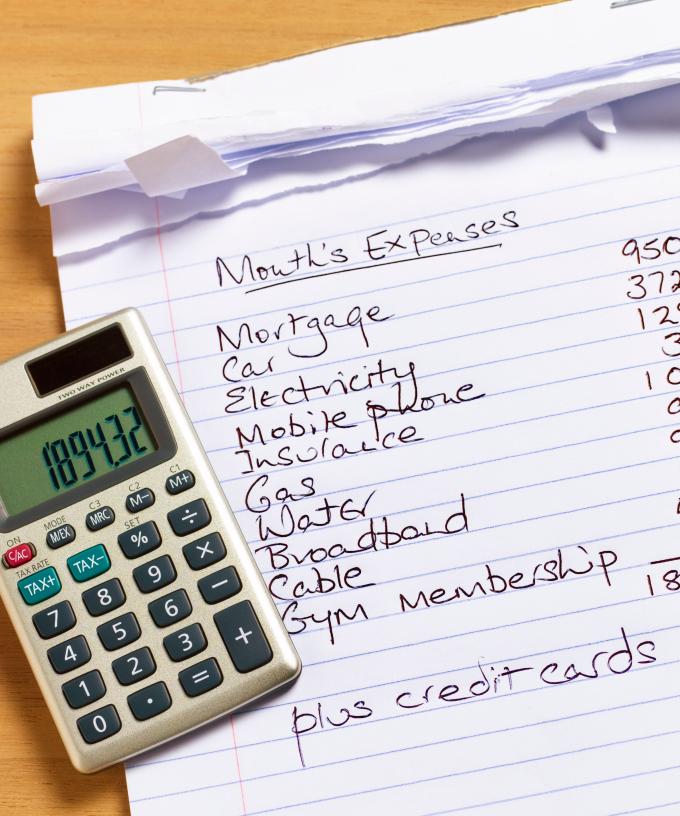West Australians are set to benefit from cost-of-living relief payments and record health investment, as the state government unveiled another bumper budget surplus.
Premier and Treasurer Mark McGowan was measured as he announced a larger than expected surplus of $4.2 billion for the current financial year and $3.3b for 2023/24.
“Our strong economy and finances have given us capacity to deliver what is important to the West Australian community,” he said.
The Labor leader said the state’s sixth consecutive operating surplus would allow his government to roll out budget measures to help families and small business cope with rising inflation and interest rates.
The 2023/24 financial blueprint also includes measures to upgrade the health system, provide more social housing and prepare the state for climate change.
The centrepiece was $715 million in cost of living support, with every WA household to receive a minimum $400 electricity credit.
“Only a Labor government understands the pressures that families and households are experiencing,” Mr McGowan said.
“The impact of external factors like higher interest rates, inflation, and the war in Ukraine, have made it harder for WA families to make ends meet.”
The support will be extended to small businesses, with more relief for vulnerable households amid the state’s improving fiscal position.
Net debt is expected to fall to $27.9b at June 30, almost $16b lower than was projected when the Labor government came to office, and the fourth consecutive annual decline.
Economic growth is tipped to be steady at 2.25 per cent for the coming year, falling to 1.5 per cent over the next four years, with employment growth between 1 and 1.5 per cent.
The budget also confirms an ongoing infrastructure spend of $39 billion over the forward estimates, including big spending on health, public transport, roads and ports.
A record $2.7b will be spent on the health and mental health sectors, with dozens of measures, including funding to increase beds, build new hospitals and attract more nurses and doctors to the state.
The budget also includes $750m to build more social housing and fund homelessness services, including 700 new community houses.
A further $3b will help WA prepare for climate change, with funding to help the state produce and store more renewable energy supply.
Mr McGowan attributed the strong financial position to his government’s fiscal restraint since coming to office and keeping WA’s economy open through the COVID-19 pandemic.







